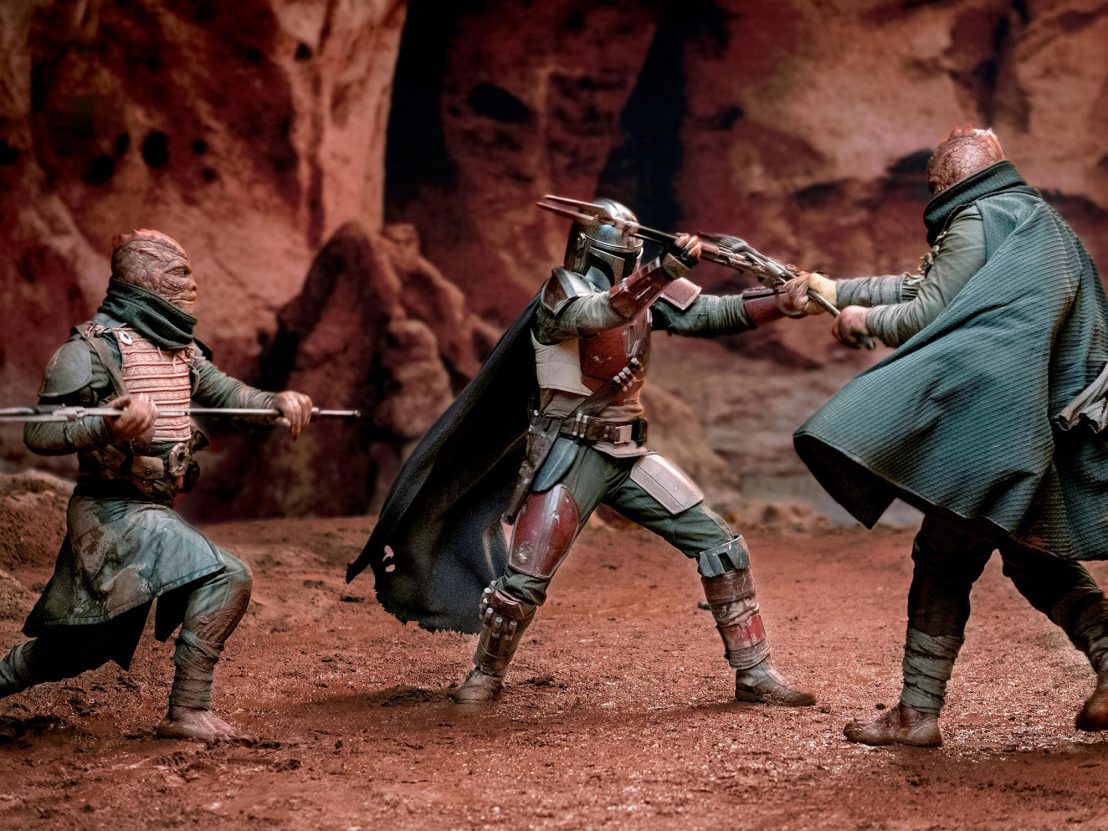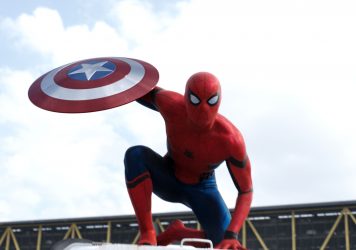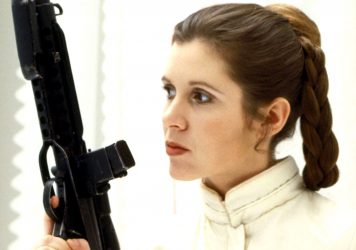
Next month sees the release of The Rise of Skywalker, the final film in the current Star Wars trilogy. It’s the last time fans will see the saga unfold on the big screen for at least two years – a lifetime for Hollywood’s conveyor belt franchises.
But it’s not the only Star Wars story coming our way. On 19 November Jon Favreau’s The Mandalorian will serialise the adventures of a bounty hunter (played by Pedro Pascal) in the immediate aftermath of Return of the Jedi. The latest trailer revealed a different tone to what the recent films have offered: grittier, character-driven drama with 100 per cent more Werner Herzog.
The show is the flagship title for new streaming service Disney+, with high-profile names such as Taika Waititi and Nick Nolte on board. While familiarity with the Star Wars brand all but guarantees The Rise of Skywalker’s success, The Mandalorian seems to be generating more excitement among hardcore fans of the franchise. With Disney CEO Bob Iger openly pondering the future of Star Wars, could television provide the answer?
Disney’s attempt to mimic Marvel’s blueprint with annual Star Wars instalments stuttered very early on. Rian Johnson’s The Last Jedi proved divisive, and although the film’s $1.3 billion box office hardly represents a disaster, the drop from The Force Awakens’ $2 billion suggested that Star Wars fatigue was setting in. This was confirmed five months later when Solo: A Star Wars Story became the first film in the series to lose money. It was clear that after four films in two-and-a-half years, a new Star Wars suddenly no longer felt like an event.
Now, while movie executives lick their wounds and work out where to go next on the big screen, The Mandalorian has the chance to redefine what Star Wars means creatively, and even to become the focal point of the series’ fandom. Its biggest appeal lies in the potential to expand on the universe of the Original Trilogy, taking audiences to its darker and more remote reaches. Favreau has compared the show’s tone to Mad Max and Clint Eastwood westerns, and has spoken about wanting to specifically capture the feel of the first act of A New Hope.
The director has also alluded to the creative freedom that television affords, telling The Hollywood Reporter, “you don’t have the same expectations that a big holiday release has, which to me isn’t that type of Star Wars that comes out of me. The type of Star Wars that I’m inspired to tell is a smaller thing with new characters.” Free from the pressure of having to sell tickets, The Mandalorian can concentrate on developing characters and stories without pausing for a train chase or deep space shoot out. A smaller, morally ambiguous Star Wars promises something very different, leaning into the shades of grey that made The Empire Strikes Back so compelling.
If Favreau and Disney get it right, we could see other major franchises make the switch to streaming platforms. Marvel is already planning to continue the adventures of Hawkeye, Falcon and Scarlet Witch via various Disney+ series, while Amazon is hoping that the popularity of Peter Jackson’s The Lord of The Rings trilogy will translate to their mega-budget show based on JRR Tolkien’s fantasy novels.
Who knows, we may soon see a Fast & Furious show that goes back to the film franchise’s street racing roots. Naomi Harris recently revealed a Moneypenny spin-off movie was turned down by the studio – so what about an episodic drama centred on James Bond’s long-serving British Intelligence ally? How about a prequel series based on how John Hammond came to build Jurassic Park?
With the streaming arms race leading to greater resources and creative freedom, the potential for some of the biggest Hollywood properties to become worldwide hit shows has never been greater. Where once a TV spin-off was the sign of a franchise in decline, shows like The Mandalorian could well end up teaching their cinematic cousins how to satisfy an evermore demanding fanbase.
Published 6 Nov 2019

In an age of increasingly familiar extended universes, individual films simply don’t have the same cultural impact as they did 20 years ago.

Following Solo’s tepid box office performance, Lucasfilm should start looking forward to win back fans.

Exploring the character’s backstory could lead to an inspirational anthology film.